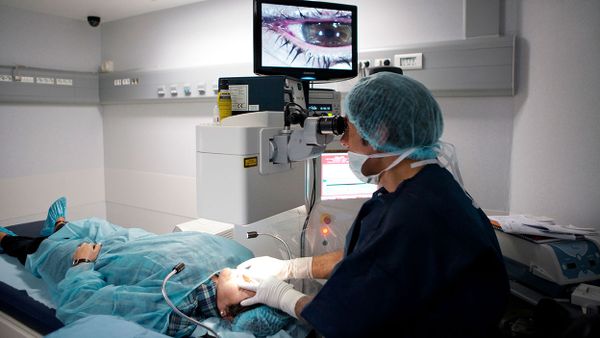
Trying to understand health insurance coverage in the United States is like trying to untangle a ball of Christmas lights while blindfolded.
But it's important! If you're lucky to be among the 87.8 percent of Americans who had health insurance in 2017, then it's imperative to understand what types of health care costs are covered under your plan and what you will end up paying out of pocket. If not, one unfortunate accident or emergency medical procedure could bankrupt you financially.
Advertisement
Even if you think that you have a firm grasp on your health insurance fine print, these loopholes in health care coverage may surprise you.


